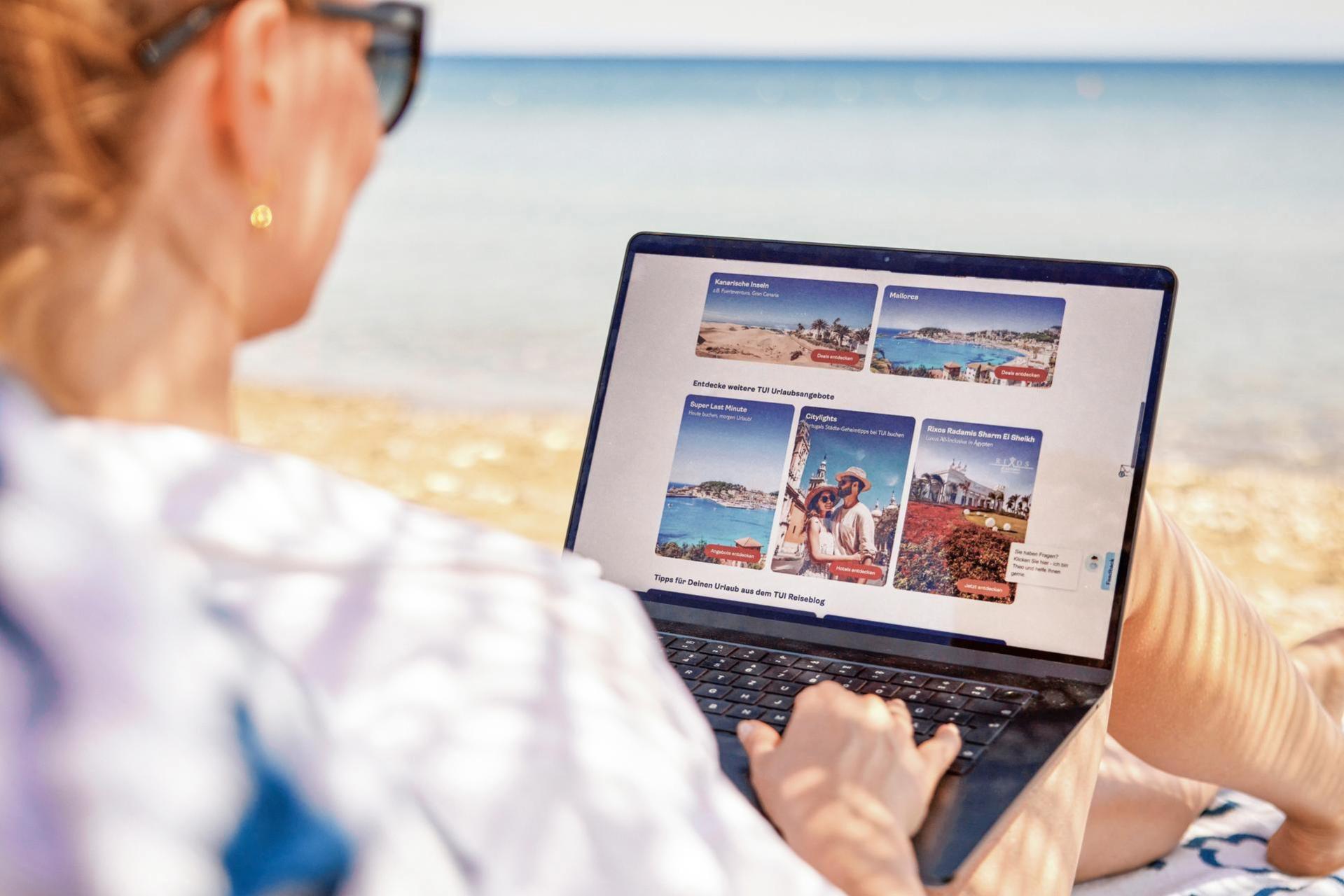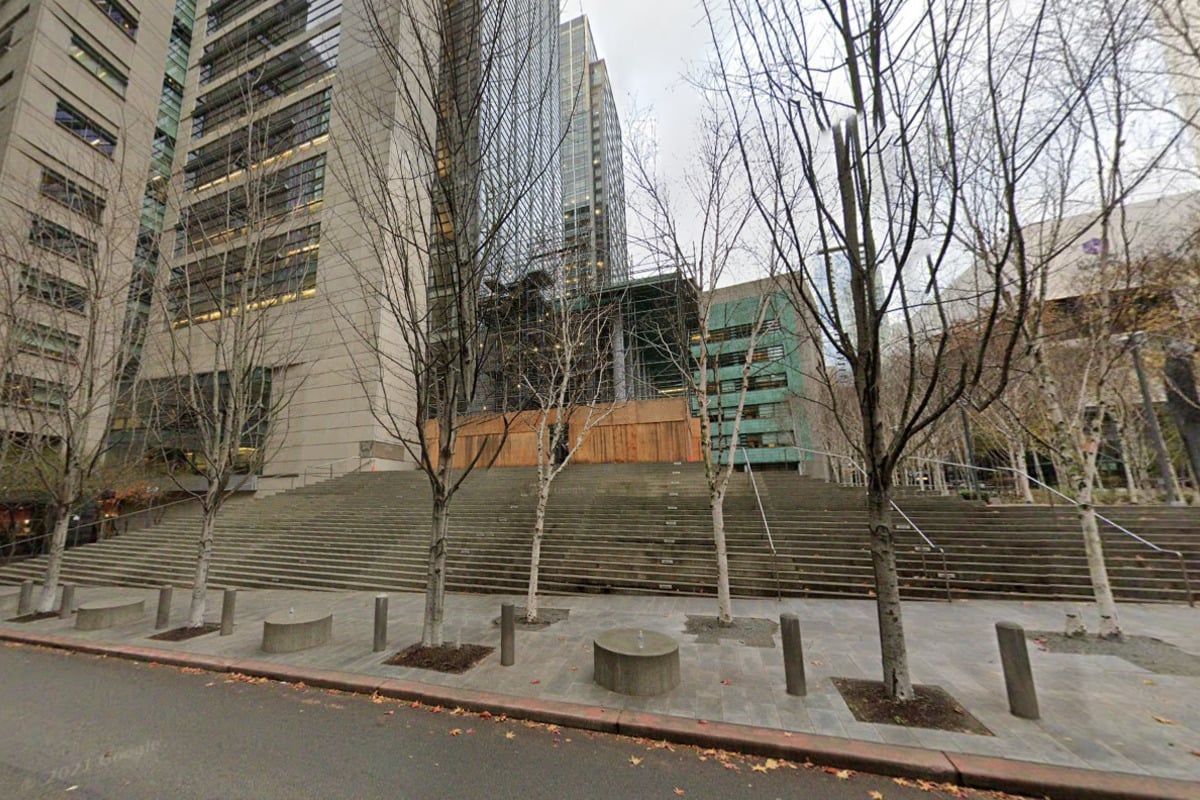By Andreas John,Mdb Digital
Copyright majorcadailybulletin

A growing number of professionals are trading their office desks for beachside workstations in Mallorca, embracing the emerging workation trend that combines work and vacation. This new travel phenomenon, which sees laptops becoming essential travel companions, is transforming the island into a hub for digital nomads and flexible employees seeking to blend professional duties with Mediterranean lifestyle.
Tour operator Alltours is leading the charge, announcing that long-term holidays are experiencing a significant image transformation. The company offers substantial discounts for stays of 21 days or longer, which can be combined with early booking or best-ager rates for potential savings of up to 50%. Their marketing emphasises the appeal of working during the day while enjoying beach walks and evening swims, all while benefiting from hotel amenities.
Major players in the travel industry have swiftly adapted to this trend. TUI now features specialised workation hotels, with their TUI Blue Rocador in Mallorca offering WiFi, meeting rooms, and business facilities. Their subsidiary Robinson goes further at locations like Cala Serena, providing printers, monitors, and dedicated business offices, though at premium rates – a week’s workation can cost up to 983 euros per person.
Dertour offers more modest long-term stay options, with significant daily rate reductions for three-week bookings. Budget airlines have also entered the market, with Eurowings Holidays and Easyjet Holidays promoting short workation packages starting from 475 euros per person for five days in Can Picafort.
Professor Dr. Claudia Brözel, tourism researcher at the Eberswalde University for Sustainable Development, notes that “Mallorca is ideal in terms of climate, infrastructure, and accessibility.” However, she cautions that success depends on reliable WiFi, quiet spaces, and ergonomic workstations. While acknowledging potential benefits like employee motivation and off-season tourism growth, she highlights risks including legal considerations and work-life balance challenges.
The trend is proving beneficial for Mallorca’s tourism industry, helping hotels maintain occupancy during shoulder seasons. Tour operators are capitalising on this new market segment, while guests gain the flexibility to combine work with leisure activities. However, the success of these arrangements often depends on employer policies and individual productivity management.



